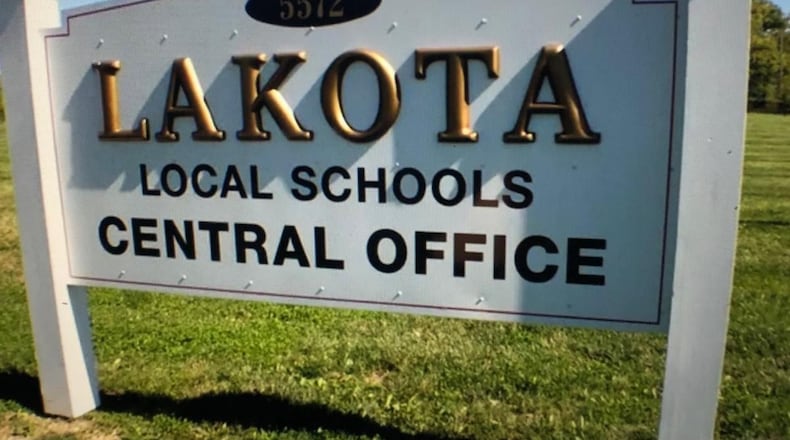It will now be up to the five-member board of education to determine whether the issue will be resubmitted to voters in 2026, said Betsy Fuller, district spokeswoman. Kelley Casper, Alex Argo and Benjamin Nguyen were elected to the board Tuesday night.
“The board will decide the next steps,” Fuller said.
Had it been approved, the bond issue would have raised $506.4 million to help fund the district’s master facilities plan that replaces some of its oldest school buildings with new ones for its 17,000-plus students in West Chester and Liberty townships.
The master facilities plan calls for a reconfiguration of grades to reduce the number of building transitions for students, and a reduction of schools from 21 to 16.
Had voters approved the issues, the money would have also helped pay to renovate, expand and modernize schools.
Had voters approved the issues, collections on the two tax issues would not begin until 2029 — after the maturation and phase out of existing school bonds in 2028, said Adam Zink, district treasurer. Those bonds equate to a reduction of 2.28 mills.
By waiting to begin collections until 2029, the net effect of the bond issue and levy reduces to a 2.66-mill jump in school taxes. That means the total tax bill increase for the owner of a $100,000 house would have increased by $93.10 annually.
Besides the bond issue, money to pay for the master facilities plan would have come through reimbursement from Ohio’s Expedited Local Partnership Program. Lakota qualifies for a 32 percent reimbursement of approved project costs as defined by the Ohio Facilities Construction Commission, Zink said.
Without that reimbursement — estimated at $200 million — the total bill to implement the plan would fall on the district.
Implementing the master facilities plan would allow the district to reduce class size, phase out buildings more expensive to renovate than rebuild, and reduce overcrowding.
Under the long-range plan, there would be one preschool; 11 buildings for students in grades K-5; two junior schools housing grades 6-8; and two high schools for grades 9-12.
Four of the K-5 schools would be constructed new on the campus of: Shawnee Early Childhood; Hopewell Junior and elementary; West Freshman, Creekside, and Lakota Central; and Liberty Junior/Woodland Elementary. Those schools plus Adena Elementary, would be decommissioned as schools.
About the Author
